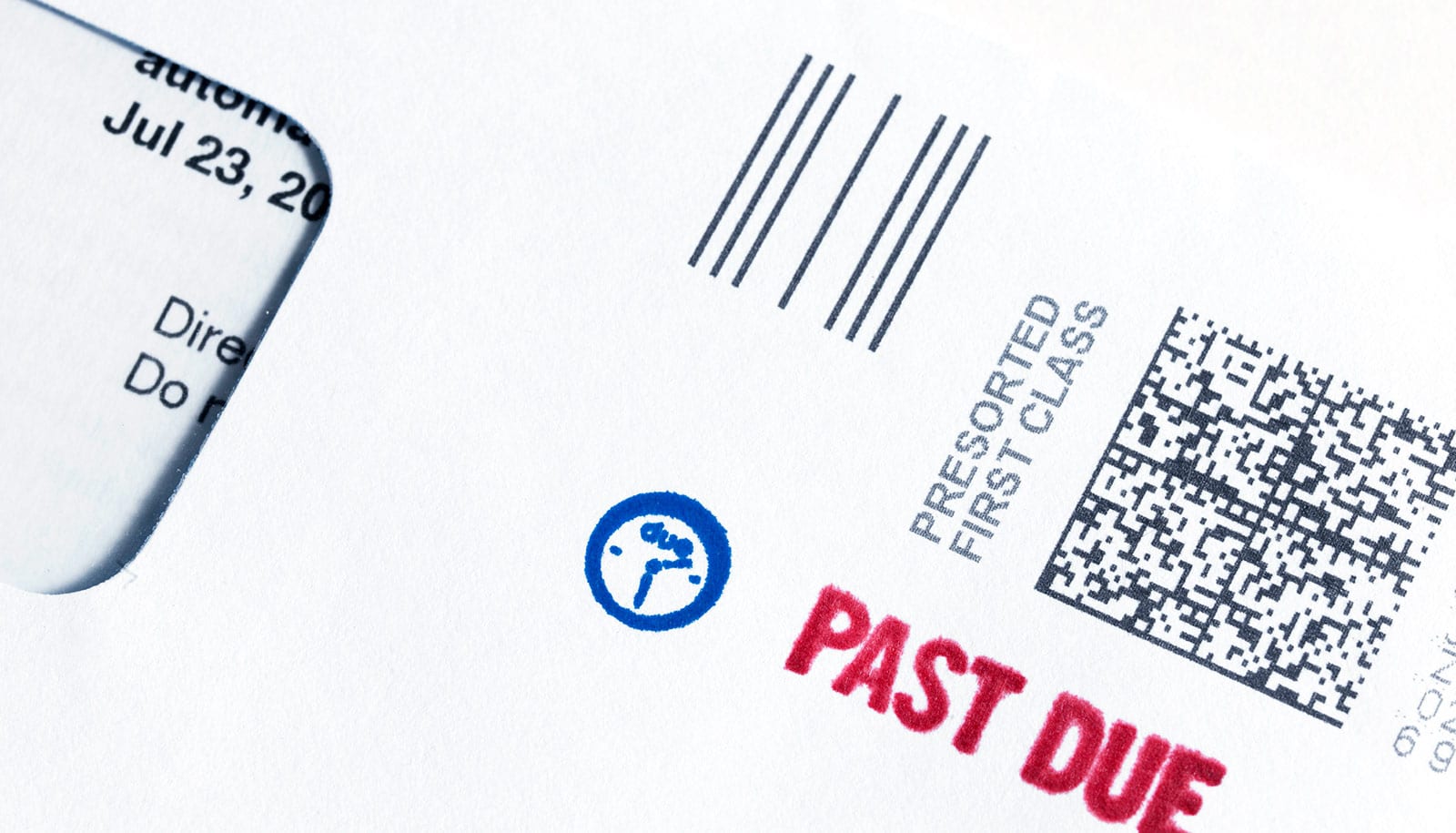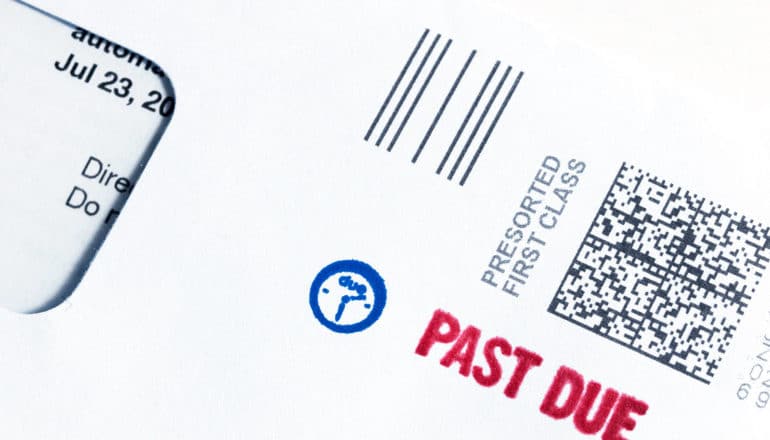
(Credit: Getty Images )
Breast cancer treatment costs influence patient choices
"Surgeons often discuss the emotional and physical side-effects of treatment, yet we rarely discuss the costs."

The cost of breast cancer treatment influences the type of surgery a significant portion of people choose, even those who are well-educated and have health insurance, research finds.
The researchers say the finding should help guide how physicians pose treatment options to their patients, particularly as surgical approaches often have similar outcomes, but could have different costs.
“Eligible women with early-stage breast cancer often have choices for surgical treatments that are equally effective and result in excellent cancer outcomes,” says Rachel Greenup, a surgeon at Duke Cancer Institute and lead author of the study in the Journal of Oncology Practice.
“Surgeons often discuss the emotional and physical side-effects of treatment, yet we rarely discuss the costs.”
For the study, Greenup and colleagues conducted an electronic survey of women with stage 0-III breast cancer, recruited from members of the Army of Women, a national coalition of breast cancer survivors and activists, and the Sisters Network of North Carolina, an African American breast cancer survivors’ group.
More than 600 women participated. Their demographic profile was substantially more affluent than the US average: 90% were white, 70% had private health insurance, 25% had Medicare, 78% were college educated, and 56% had household incomes above $74,000 a year.
Despite such advantages, a substantial proportion of the women (43%) reported that they considered costs when making breast cancer treatment decisions, and nearly a third said cost played a role in their surgical choice.
Women with household incomes under $45,000 a year found the costs of treatment more important than keeping their breast or its appearance—two factors regularly discussed with women facing surgical choice.
Overall, 35% of respondents reported that their cancer treatment created a financial burden, and 78% never discussed costs with their cancer team. Even among participants with the highest incomes, 65% said they were fiscally unprepared for the cost of their breast cancer treatment.
Among the procedures available for breast cancer—including breast conserving surgery (lumpectomy with radiation), mastectomy, and double mastectomy with or without breast reconstruction—double mastectomy associated with higher patient-reported debt and financial hardship.
“Women are weighing many factors when deciding what type of surgery is best for them, including their personal desire for breast preservation, options for reconstruction, recovery time, sexuality, appearance, demands for future surveillance, and their own peace of mind,” Greenup says.
“While other side effects of surgical choice are routinely discussed with their physicians, the potential for financial harm is not explicitly addressed, including both the out-of-pocket payments and lost productivity for patients and their families,” she says. “Our study suggests this should change.”
Additional coauthors are from Duke, the University of North Carolina at Chapel Hill, and Massachusetts General Hospital. The National Institutes of Health and the National Cancer Institute funded the work.
Source: Duke University
The post Breast cancer treatment costs influence patient choices appeared first on Futurity.
Share this article:
This article uses material from the Futurity article, and is licenced under a CC BY-SA 4.0 International License. Images, videos and audio are available under their respective licenses.


